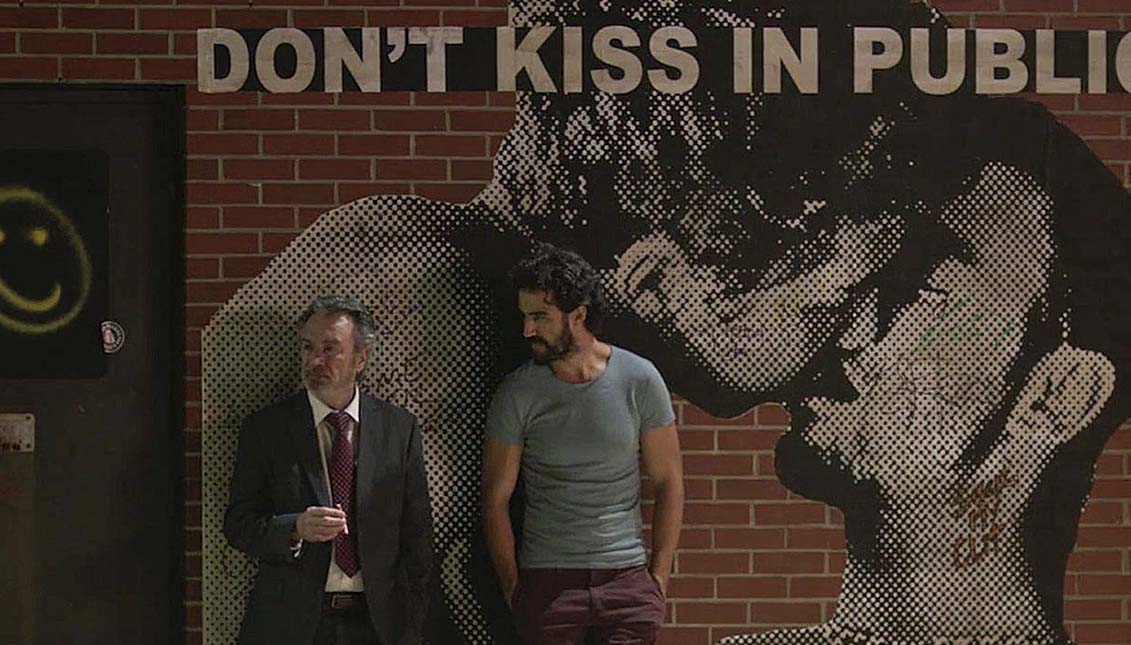
"Tu me manques" and other LGTBI Latin films in competition for the Oscars
If cinema is a reflection of life, this year the Latin American candidates for the Oscars have the identity struggle for the flag. You shouldn't miss them.
The fact that this 92nd edition of the Oscars has decided to change the category from "Best Foreign Language Film" to "Best International Film" says a lot about the industry's efforts to get rid of its historical inbreeding and recognize, among other things, that 41.2 million people in the United States speak Spanish. And judging by the quality and political and social significance of the Latin American movies in competition, among which LGTBQ-themed ones abound, we should be very proud of that.
One of the most-acclaimed movies in that category this year is the Bolivian LGTBQ drama "Tu me manques" (Rodrigo Bellott), which tells the story of a father who after his son's suicide flies to New York to meet his partner and find out more about his life in the United States. A film that, according to its director, is "a catharsis" based on his own experiences.
The Panamanian "Todos cambiamos" (Arturo Montenegro) is also a candidate, leaving a trail of polemics in his country, where more than 3,000 signatures were collected to ask the government to refrain from promoting it because it "damages constitutional precepts." And does it? Of course not, unless we believe that the social and family drama of a transgender person to accept and be accepted is "undignified" or "undemocratic," which says a lot about the courage of directors like Montenegro to tell a necessary story in a country where the LGTBQ community continues to demonstrate and claim equal civil rights.
RELATED CONTENT
In "Retablo" (Álvaro Delgado Aparicio), one of the most award-winning Peruvian films in the world, we travel to rural Peru to explore homophobia and toxic masculinity in small rural communities through an adolescent who discovers his father's best-kept secret, his homosexuality. A difficult film, hard to watch, not without physical and verbal violence.
Without imposing limits and with a hypnotic strangeness that does not leave the viewer indifferent, "Monos," the Colombian Alejandro Landes' second film ("Porfirio"), is part of the Latin American triad. It is a shocking film about a group of guerrillas who kidnap an American doctor in the jungle and the new system of relationships they are creating, where sexuality is fluid and indefinite, very different from that of their parents.
Undoubtedly, the 2020 Oscars will be, at least as far as Latin America is concerned, very vindictive.











LEAVE A COMMENT:
Join the discussion! Leave a comment.